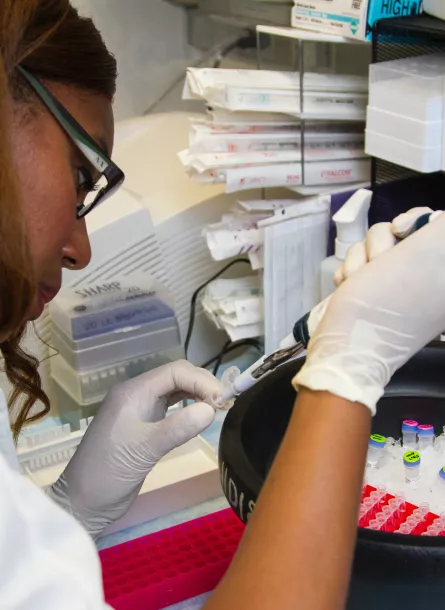
HER2/ERBB2 biomarker and colorectal cancer

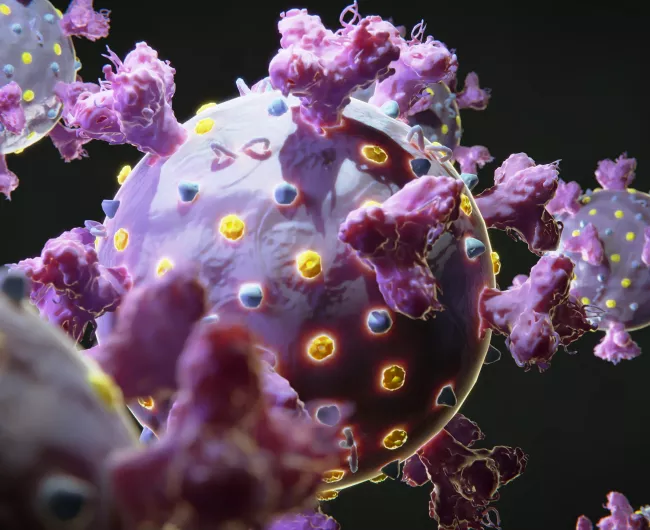
What is a HER2 Biomarker?
The HER2 or ERBB2 gene (human epidermal growth factor receptor-2) is in each of the cells in the body and is in the same family as the EGFR gene.
The HER2 protein is a receptor, which is a microscopic “spike” that sticks out on the surface of almost all the cells in our body. HER2 genes are responsible for the communication between the cells to promote their growth, division, repair, and survival.

What does HER2 amplification mean?
A normal cell and its nucleus have only a few HER2 receptors. Sometimes there is an abnormality in the cell and multiple HER2 genes are produced, which is called amplification.
When the HER2 gene is amplified, it produces excess receptors on the cell surface; this is called overexpression. Overexpression drives an uncontrolled growth of the cells, which is how a tumor forms.
The condition is not hereditary (germline mutation) and will not pass from one generation to another. HER2 gene amplification happens randomly as a somatic change in the tumor cells.

How common is HER2?
- Approximately 3-4% of colorectal cancer tumors contain too many copies of the HER2 gene and the HER2 receptor.
- HER2 gene amplification is more common (6-8%) in colorectal cancer patients with wild type (normal)KRAS [link to page].
- HER2 amplification is more frequent in left-sided colon tumors than right-sided colon tumors.

Who should have HER2 testing?
The National Comprehensive Cancer Network (NCCN) recommends HER2 biomarker testing in all patients diagnosed with stage IV (metastatic) colorectal cancer. Patients with HER2 amplification/overexpression do not respond well to EGFR inhibitors.
HER2 testing should be done before starting treatments with EGFR inhibitors such as cetuximab or panitumumab.
If you have a recurrence or new metastatic disease, your doctor may recommend HER2 testing for the new tumors to help direct your treatment.
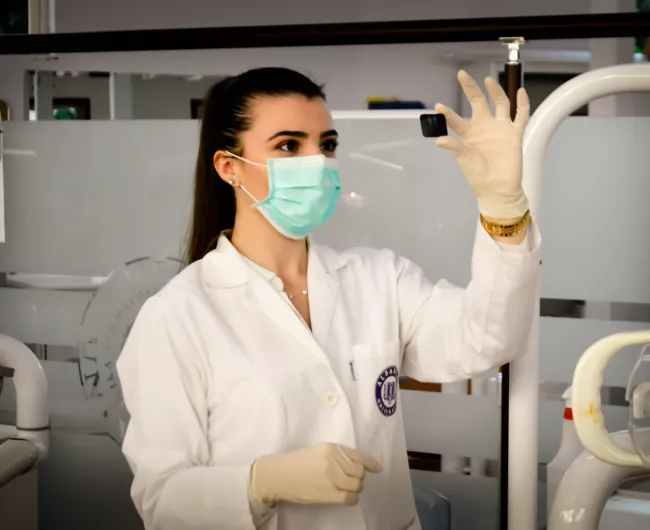
What happens if I have an abnormal HER2 biomarker?
Knowing the details of tumor biomarkers can help you and your doctor make decisions about personalized treatment with therapies tailored specifically to the characteristics of your tumor.
HER2 amplification is a predictive biomarker for poor response to treatment with EGFR inhibitors.
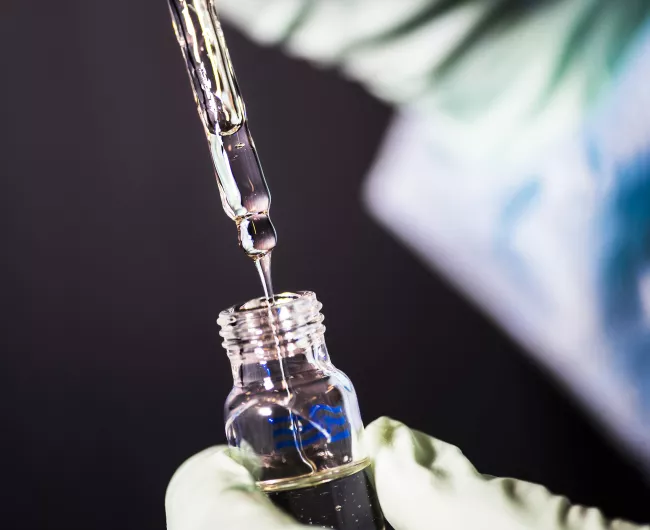
What treatment options are available?
Colorectal tumors that have HER2 amplification and overexpression and are RAS and BRAF wild type should be treated with dual-targeted therapy against HER2. This includes the combination of trastuzumab with either pertuzumab or lapatinib, or with chemotherapy.

What are potential side effects from treatment?
Every treatment has the potential to cause some side effects. Some people may be more sensitive than others to a particular drug. It also depends on your other treatments, medications, vitamins, and herbal supplements. For example, side effects could be worse if you are treated with radiation at the same time. Tell your doctor about all your medications, vitamins, supplements, and treatments.
Some of the most common side effects associated with HER2 inhibitors are nausea, skin problems, headache, dizziness, fatigue, diarrhea, constipation, joint or muscle pain, and anemia/low hemoglobin levels.
It is unlikely that you will have all of these side effects, but you might have some of them. Contact your doctor immediately if you are experiencing severe symptoms.
Other biomarkers
KRAS BiomarkerTop resources

Christy Williams: Biomarker testing leads to successful treatment
Statistics suggested that Christy’s odds of survival were grim, so she leaned into her faith and kept a positive outlook. She tried to control what she could. And, critically, she received biomarker testing.

Michelle Cappel: Biomarker testing extends life
Michelle Cappel owes a lot to colorectal cancer biomarker testing — seven years of life and counting.
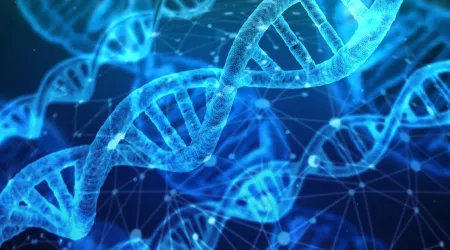
Not all states mandate biomarker testing coverage
While Congress has yet to bring Medicare coverage fully up to speed with advances in biomarker testing, many states are acting.





